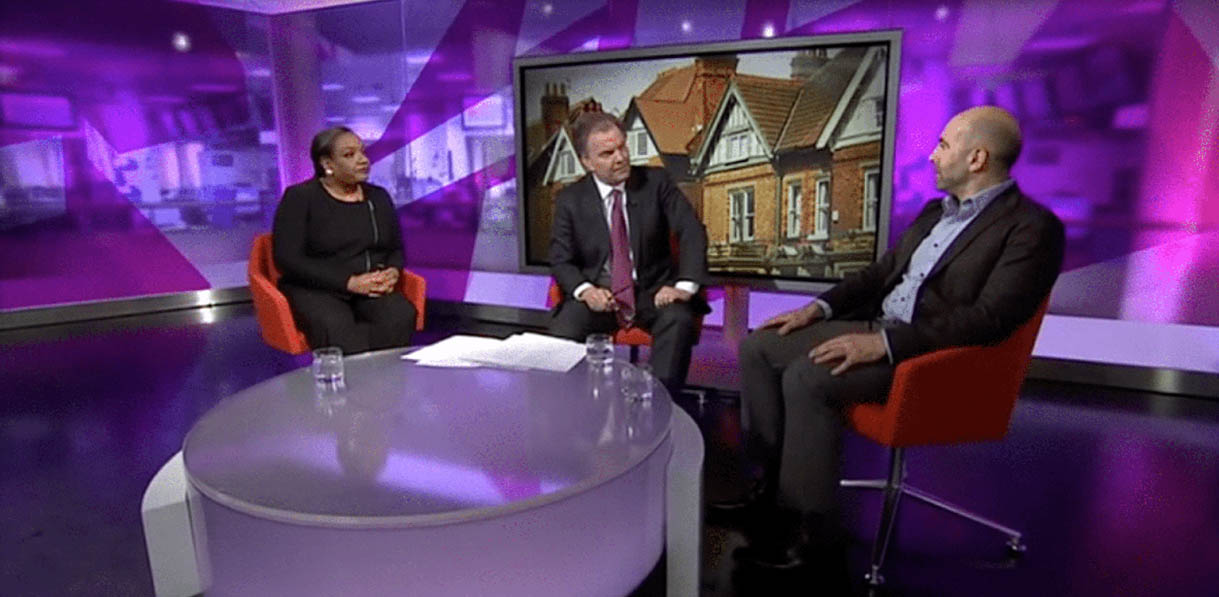Perplexed friends frequently ask me for help with mortgages. I am happy to oblige and then pass them on to a good broker if they don’t already have one. Of course, many do and I am often perplexed at why their broker isn’t giving them the advice that I am offering. It has led me to think long and hard about the quality of brokers out there.
Let’s look first at why lots of people are struggling to get mortgages. The key issue with a residential application is proving income. Borrowers with PAYE jobs will generally be greeted with open arms. Some lenders require a minimum period of up to six months in the job and/or confirmation that any probationary period has been completed. Others are happy to accept just a job offer and contract of employment.
Self employed people have always found it harder to get mortgages, but the mountain got steeper and harder to climb during the pandemic. Many lenders now want to see six months of bank statements to show that your business has maintained a healthy turnover. Typically, lenders request 2 or 3 years accounts and will lend based on an average over the 2 or 3 year period. Some lenders will lend based on the latest year’s income. Most lenders will want more information if your income has fallen or risen steeply and further investigation may result in a decline. Underwriters prefer low loans to value, high credit scores, loans below £500,000, earnings in excess of £75,000: so if any of these apply to you expect the cogs to turn more smoothly and speedily. That assumes that the subject property isn’t thatched, of non standard construction, a high rise ex local authority, next door to where you already own a property and an endless myriad of other property exclusions. If you have adverse credit or most of your income is from rent, then the number of possible lenders will shrink considerably.
Brokers can be good for getting you the best rate, because they (should) look at the whole of the market – but they really come into their own if any of the issues I have highlighted apply to you. Also if you are a vanilla PAYE employee you may still need a broker if you are trying to stretch beyond four times your annual salary or you have different sources of income. What I struggle to understand is the vanilla responses that many brokers present to my friends. There are lenders that are more flexible, keener to lend to self employed people, look at income stretches or don’t care if income comes from rent as long as it appears on the applicant’s SA302 – the part of the tax return that itemises income for the year.
In 2013, a change in regulation meant that financial advisers generally had to charge fees rather than earn commission, although mortgage brokers continue to earn commission from lenders, but… the amount must be disclosed in the Key Facts Illustration which outlines all the elements of the mortgage you are applying for. I still worry about vested interests. That some brokers stick to lenders that pay them the best commission – even though they are not supposed to. I worry that they don’t bother to develop relationships with other lenders that offer more flexibility. For that is exactly what you want – a broker who has these relationships, because of the volume of business that they do and because they think creatively about how to solve clients problems.
Since 2013, brokers have started charging fees, typically £250-£500. If you need a lot of hand holding and you are disorganised, you may pay more. But if you can provide information quickly and are financially literate, then I would say that £500 is an absolute limit. Remember that a broker will also get a commission of around 0.5% of what you borrow.
There are some situations to be wary of. Be careful with high volume brokers – that is larger companies that do a lot of business. They sometimes have exclusive rates, but I would generally only trust them with something very straight forward. And the problem is, that very little is straight forward these days. You need the eagle eyes of an experienced person on your case from the word go. I will never forget applying through a broker for a buy to let mortgage and the broker failed to spot that I was never going to get a mortgage offer because the vendor had owned the property for less than 6 months and my case was therefore outside criteria. It was a stupid mistake, because my case was dealt with by somebody relatively junior. I’m afraid it’s a bit like cheap mortgage conveyancers – the broker’s process can be very systems based so that cheaper junior staff can process most cases.
I was going to suggest that buy to let re-mortgages are relatively straight forward. But since the Prudential Regulation Authority changed underwriting standards in 2016, you really need a specialist broker now. The whole process is governed by algorithmic-like stress tests which vary depending on your tax band, whether you are purchasing or re-mortgaging and whether you are capital raising. Landlords with 4 or more properties are classed as portfolio landlords and some lenders will restrict you to a different set of mortgage products or charge additional fees. Stress tests will likely force you towards a 5 year fix and whether you can the transfer to a 2 year fix when a five year product ends can be complicated. You might have to resort to a specialist lender whose lending rates will start at 3% rather than the 1.25% from mainstream lenders. And you may decide to buy through a limited company. The cliché minefield was invented for this space. We have former Bank of England Governor, George Carney, to thank for it all. He decided that landlords should be steered towards 5 year fixes to deter them from suddenly selling up if the housing market dipped. A poor decision made using flawed logic in my view.
Another word about vested interests, I am very wary of being referred to brokers by estate agents. This typically happens when you make an offer on a property. A broker who works with the agent will call you to ask you how much you earn so that he/she can determine whether you are likely to be able to raise enough funds to purchase the property. Call me cynical but I find it very difficult to trust either party in this transaction. I also resent the implication that if I don’t disclose personal information to the broker, my offer might not succeed. I know there are reputable estate agents and brokers out there, what I say to you is buyer beware.
So how do you know if you have a good broker? I think you need to do some of the mortgage research yourself. The problem with using somebody else to do something for you is that you are in danger of de-skilling yourself. You shouldn’t be looking to buy a property until you know whether you can put together the funding. For buy to let mortgages, look at the NRLA Mortgages Search Engine to give you an idea of what products are out there. For residential mortgages if you are self employed or your income is complicated look at Santander, NatWest, Coventry and a few building societies like Newcastle and The Melton. Look at the lending criteria around some of the issues I mentioned at the start of this piece. Then you can have a dialogue with your broker. Suggest the type of product you would be looking for and expect a robust justification of whether you are on the right tracks or not.
Finally, there are times when you shouldn’t use a broker. I will never forget when a friend told me he had got a bridging loan from a lender I had used and he paid a 0.5% broker fee on a £400k loan. A few months previous, I had gone to the broker direct and paid no broker fee. If you are in the business of trading or refurbishing wrecks you really need to know enough about finance to approach short term lenders yourself. I appreciate that some lenders like Precise and Shawbrook will only deal with intermediaries.
You can often do product switches yourself. This is when you stay with the same lender but move product when your current product comes to an end. And do consider approaching lenders like Coventry and Virgin directly – just make sure you have done your research in preparation, because you need to have all your ducks in a row before you apply. A broker will tell you that something might fall outside of a criteria before putting your case to a lender and there may be some way to adapt your application to make it succeed. But if you are talking directly to the lender that may not be possible. It’s make or break, the stakes are higher.
I am not a financial adviser, these are the musings of a landlord and investor. Feel free to use what you read as personal research but I must otherwise direct you to seek professional advice.









